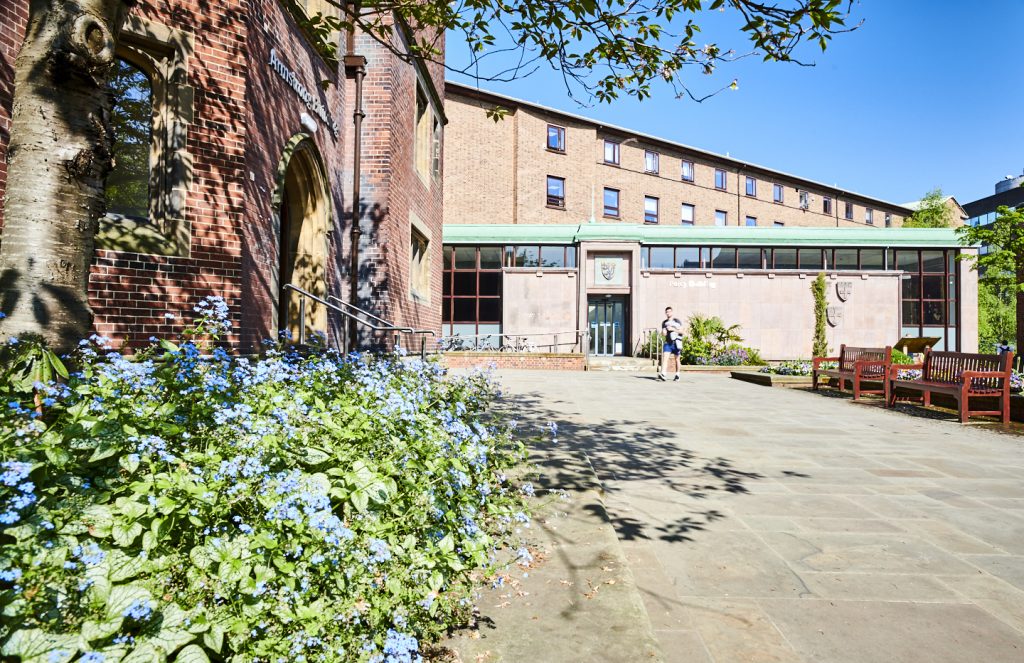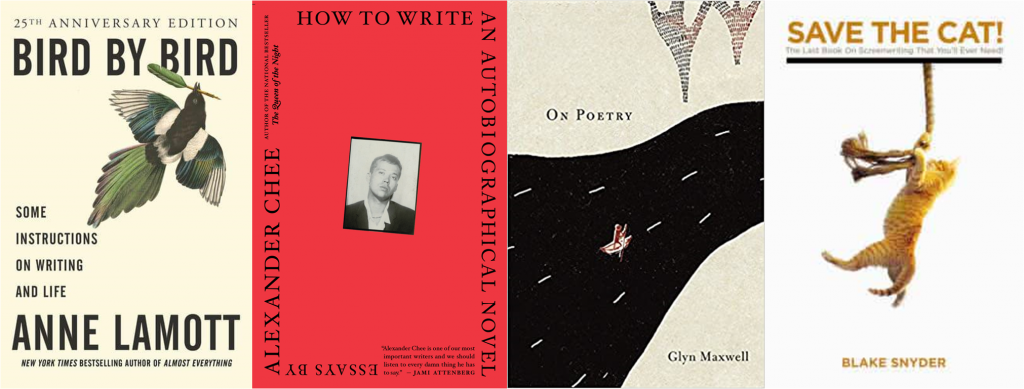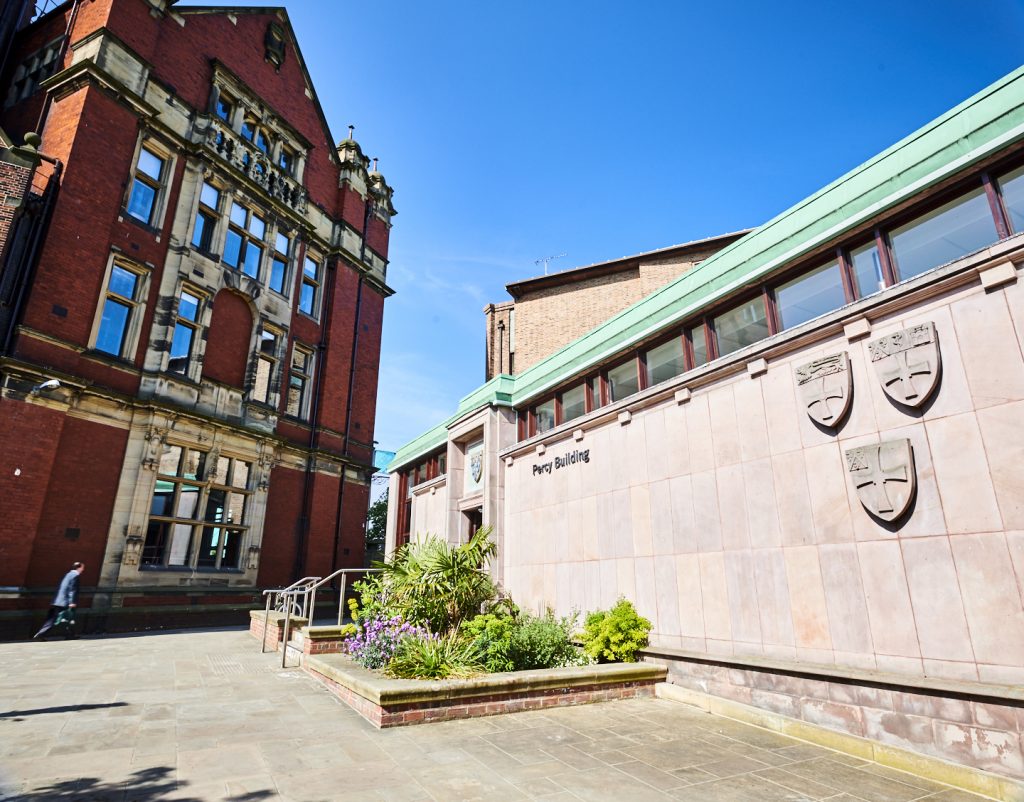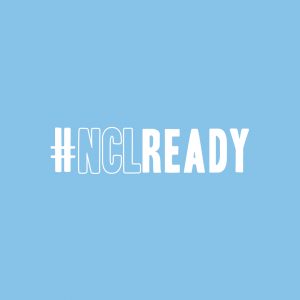Hello Everyone
Congratulations on your offer of a place to study English Language and Literature (Q300) at Newcastle University! This email comes to you from two lecturers who hope to welcome you to our department this autumn: Cristine Cuskley is a Lecturer in Language and Cognition and James Harriman-Smith is a lecturer in Eighteenth-Century Literature.
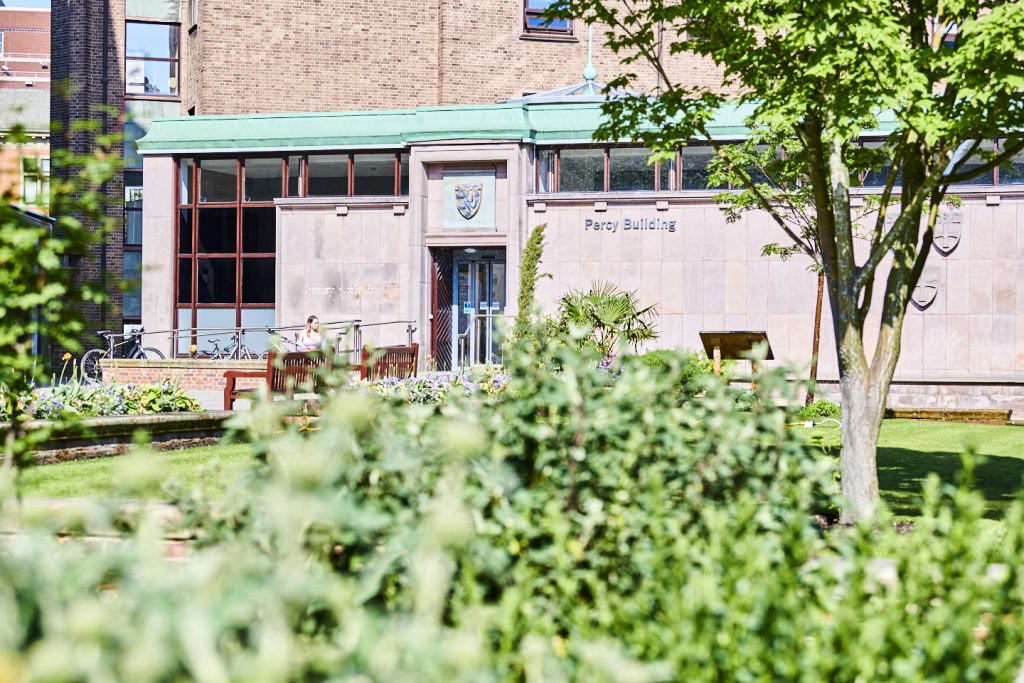
Everyone at Newcastle University is currently hard at work updating our teaching for the autumn, and module-specific reading lists for you will be available later in the summer. However, in the meantime, we encourage you to delve into some more general material to get you excited about getting started in your studies. To help with this, we have two recommendations for you, one for language and one for literature.
First, for English language:
We would like you to listen to an episode of BBC sounds on The Future of English: Dialects and Evolution. They look at varieties of English all over the world – have a listen and think about the differences they discuss. You might then want to read this long article on English dominating the internet and this video on the weirdness of English. What do you think about the future of English?
Second, for English literature:
We would like you to make a list of every book you remember having studied in your English (or ‘English Literature’) classes, and then think about what this list might show you.
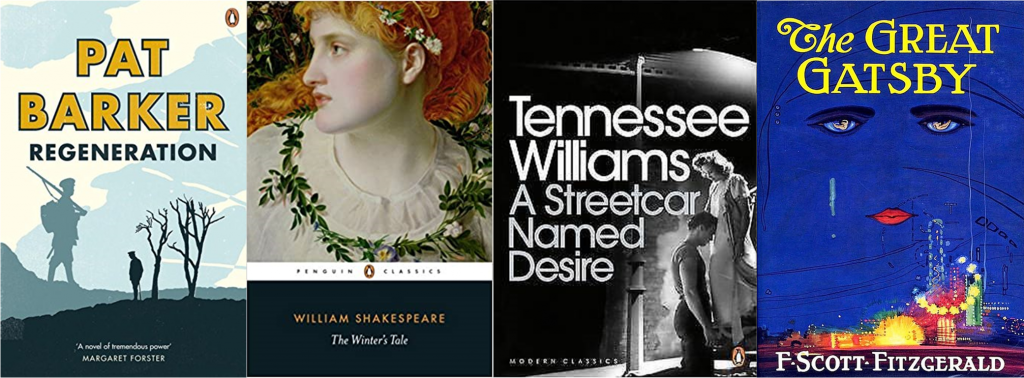
- What do these books have in common?
- Are they mainly novels, plays or poems?
- When were they written?
- What kind of things are they about?
- Where do their authors come from?
- What class, gender, age (etc.) are those authors?
Once you have answered these questions, and others of your own devising, the next step is two-fold. First, identify a work of literature that has nothing in common with anything on your list. Perhaps that might be a book of poems by a working-class woman who lived in the eighteenth century and wrote about domestic servitude; perhaps that might be a play written and performed in the last two years. Why not read (or watch) that thing? As you engage with it, think about how you might write about it: can you analyse it like you analysed the texts you studied this year? What else do you feel you need to know?
We would love to hear what you thought about the future of English, and what you realised about how you’ve been taught English Literature. You can in touch with us about these matters, or anything else, through email or on social media (links below). You can also find even more tips and resources on our Twitter page, or by searching the hashtag #NCLReady.
Best wishes,
James Harriman-Smith and Christine Cuskley




